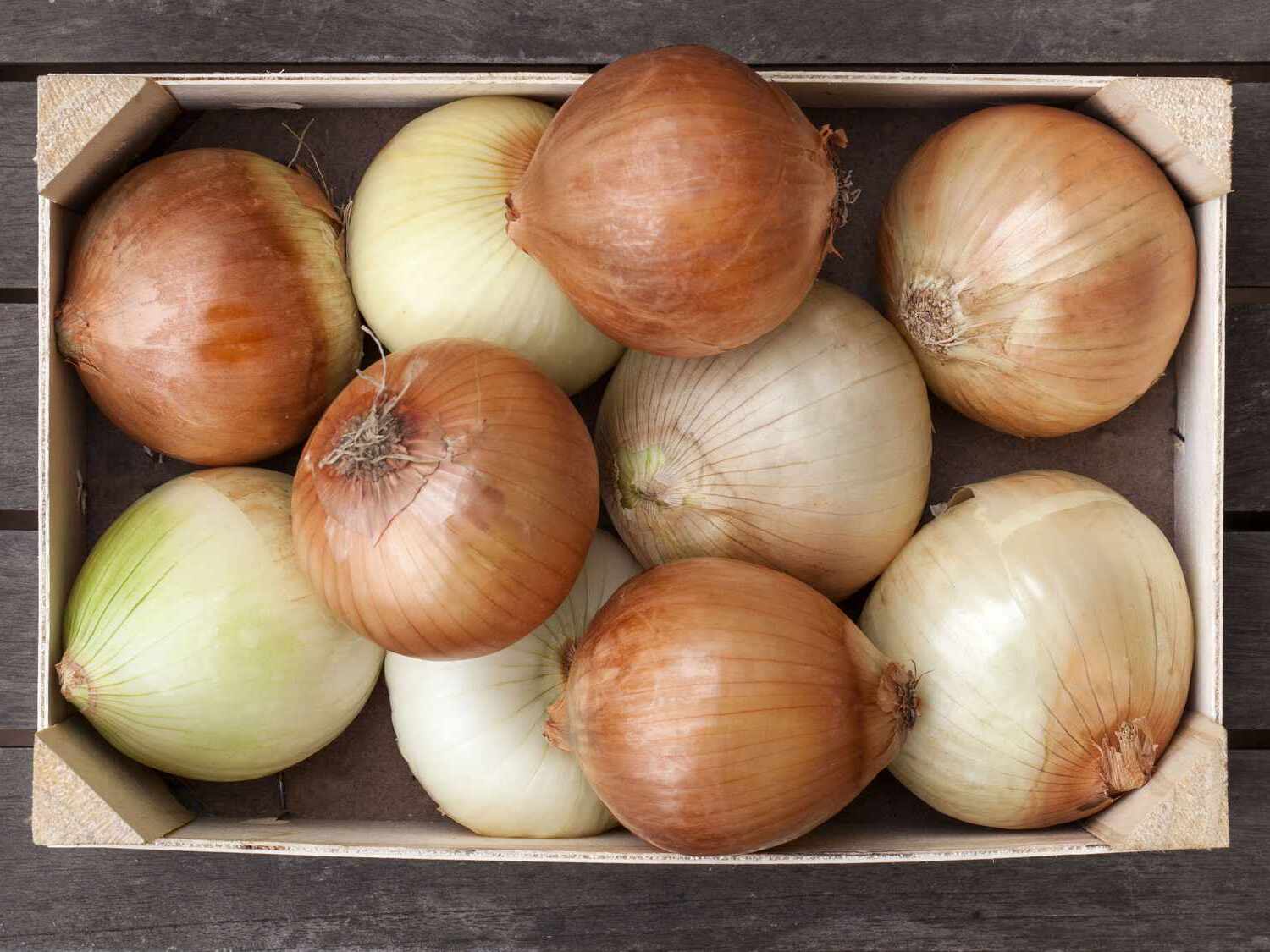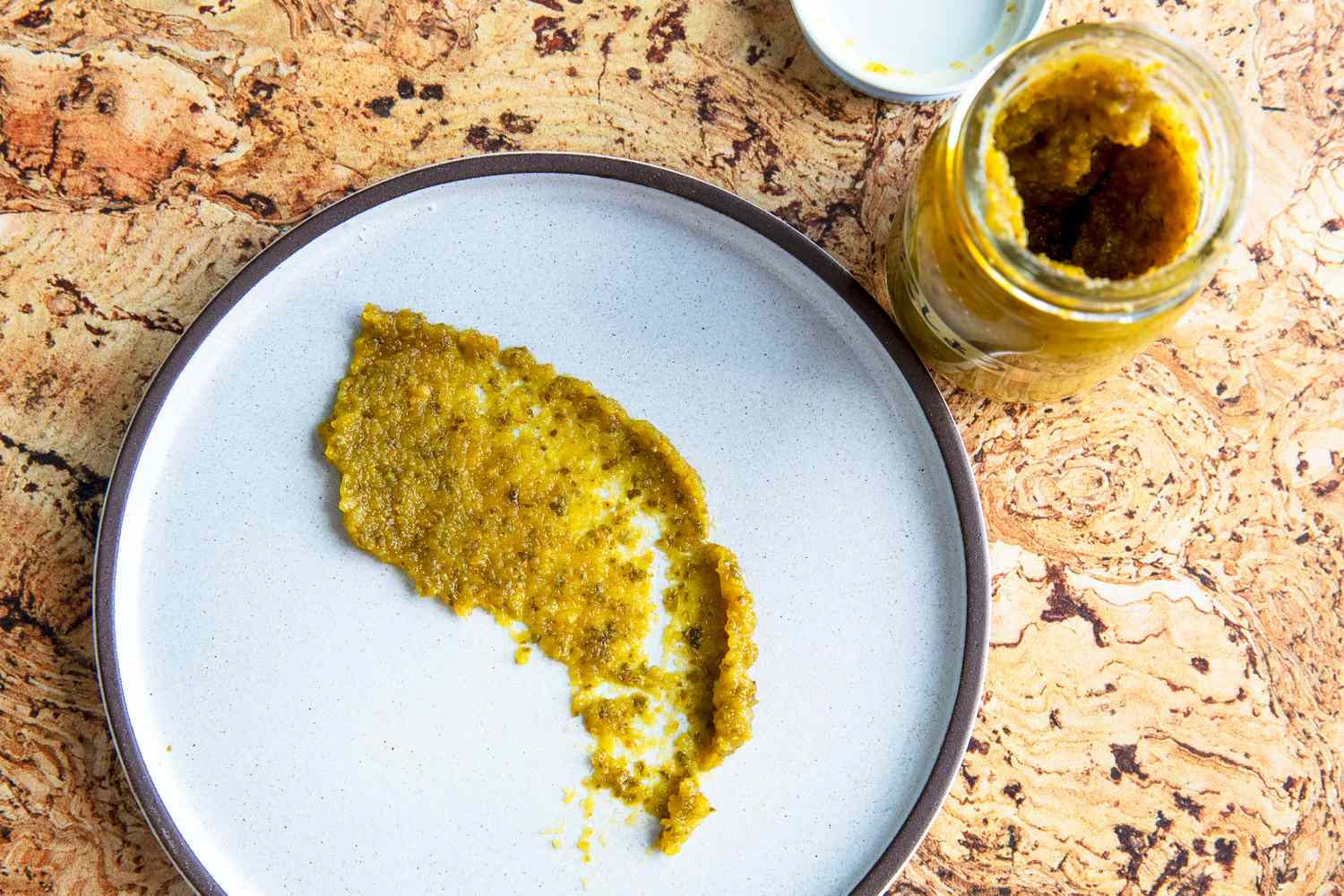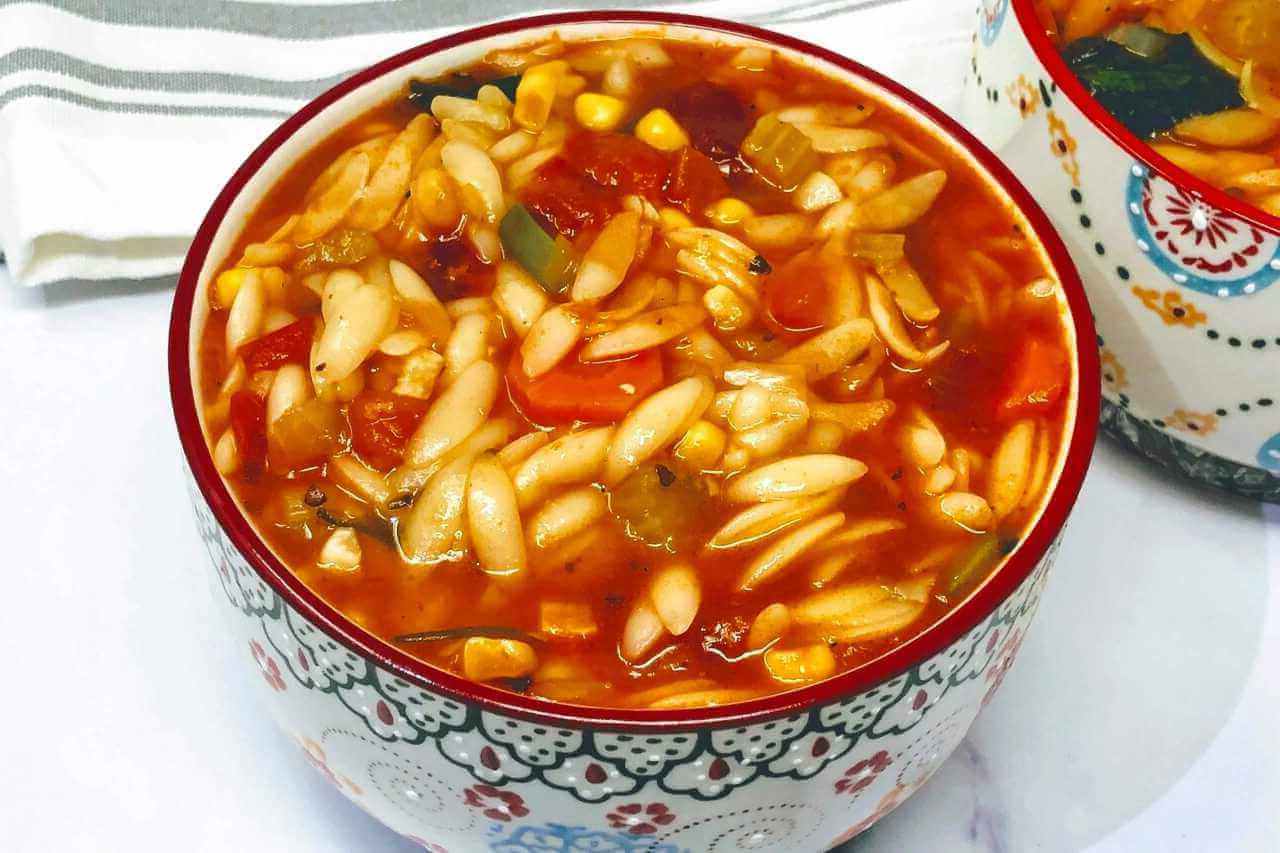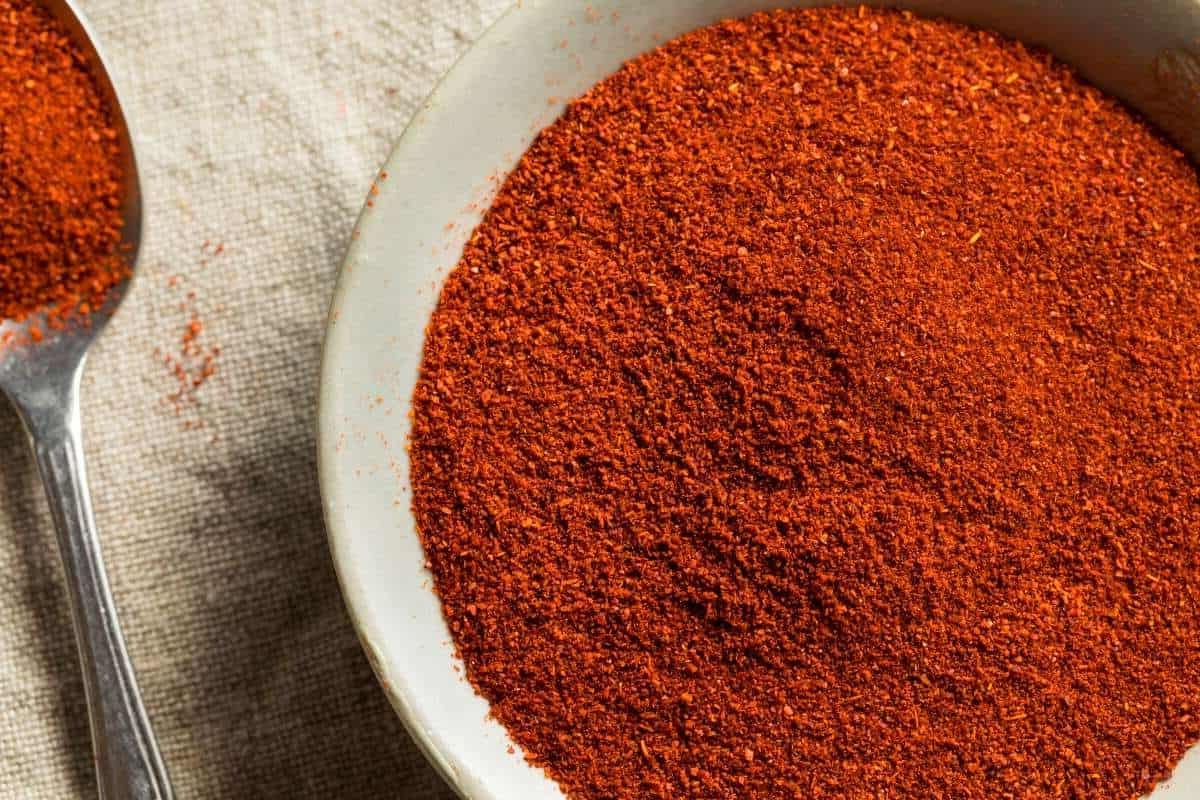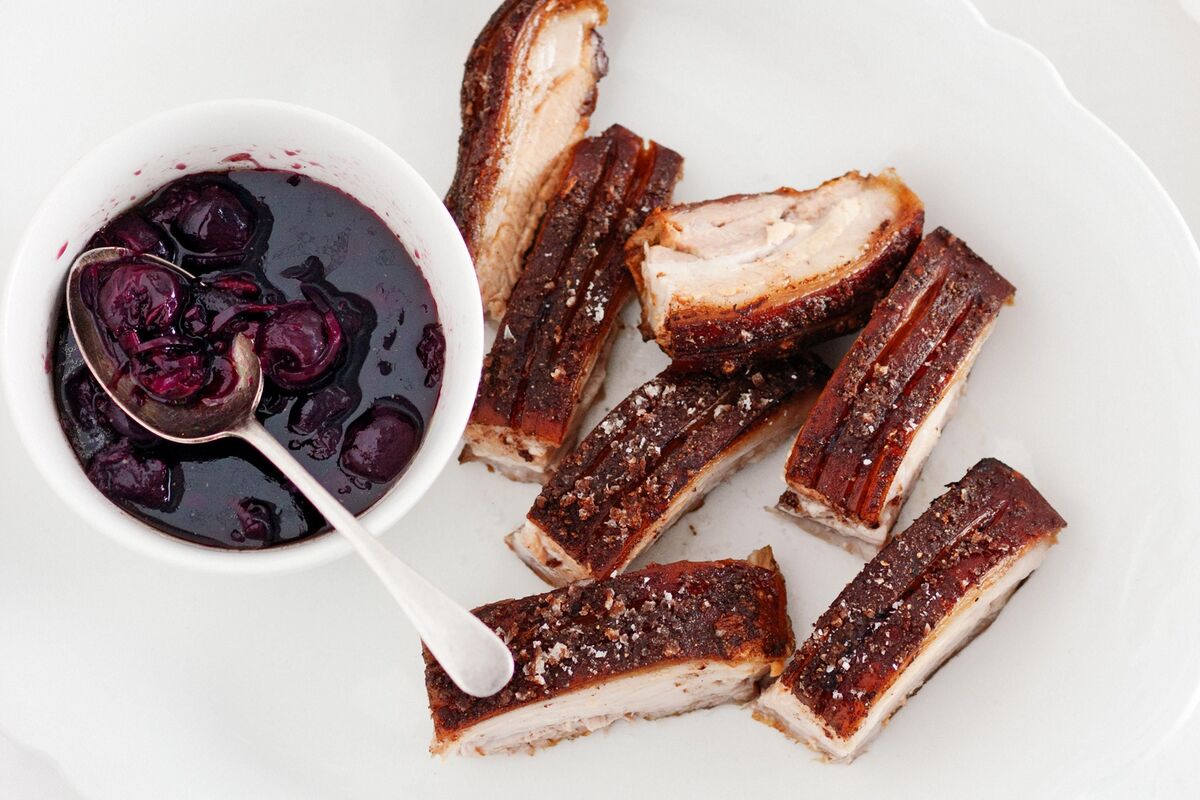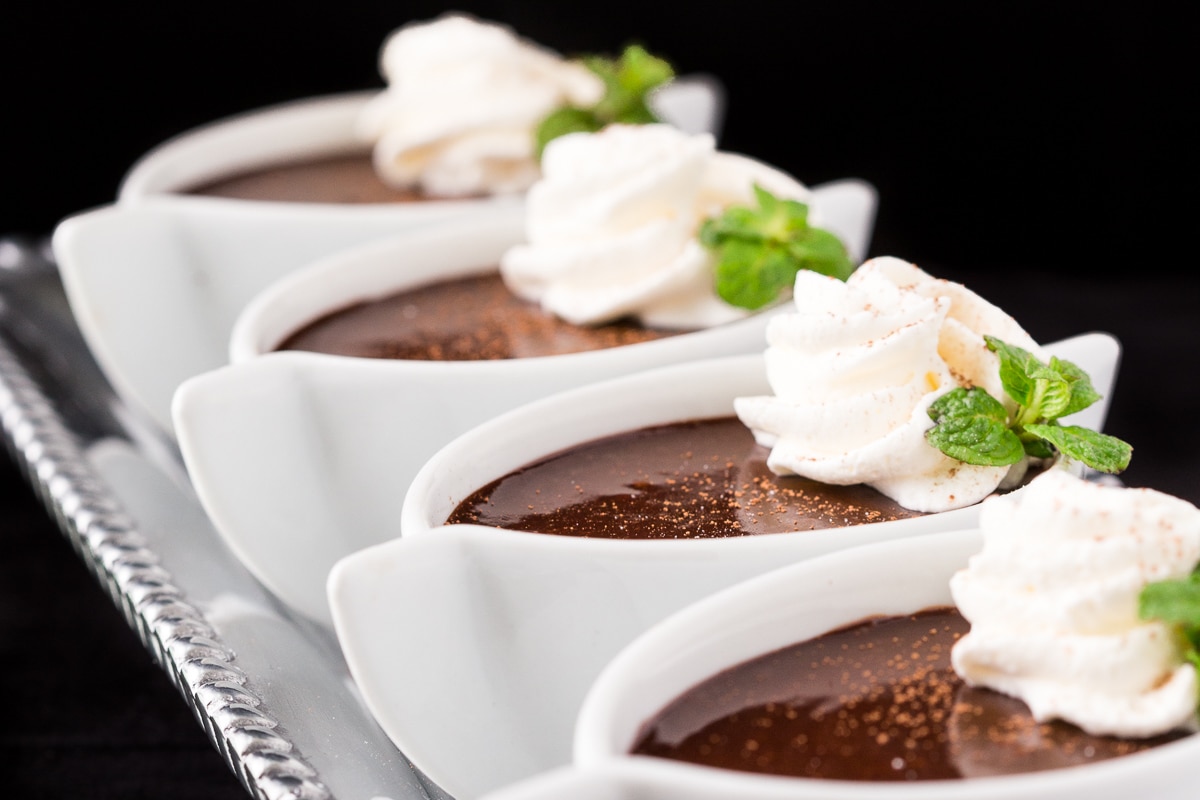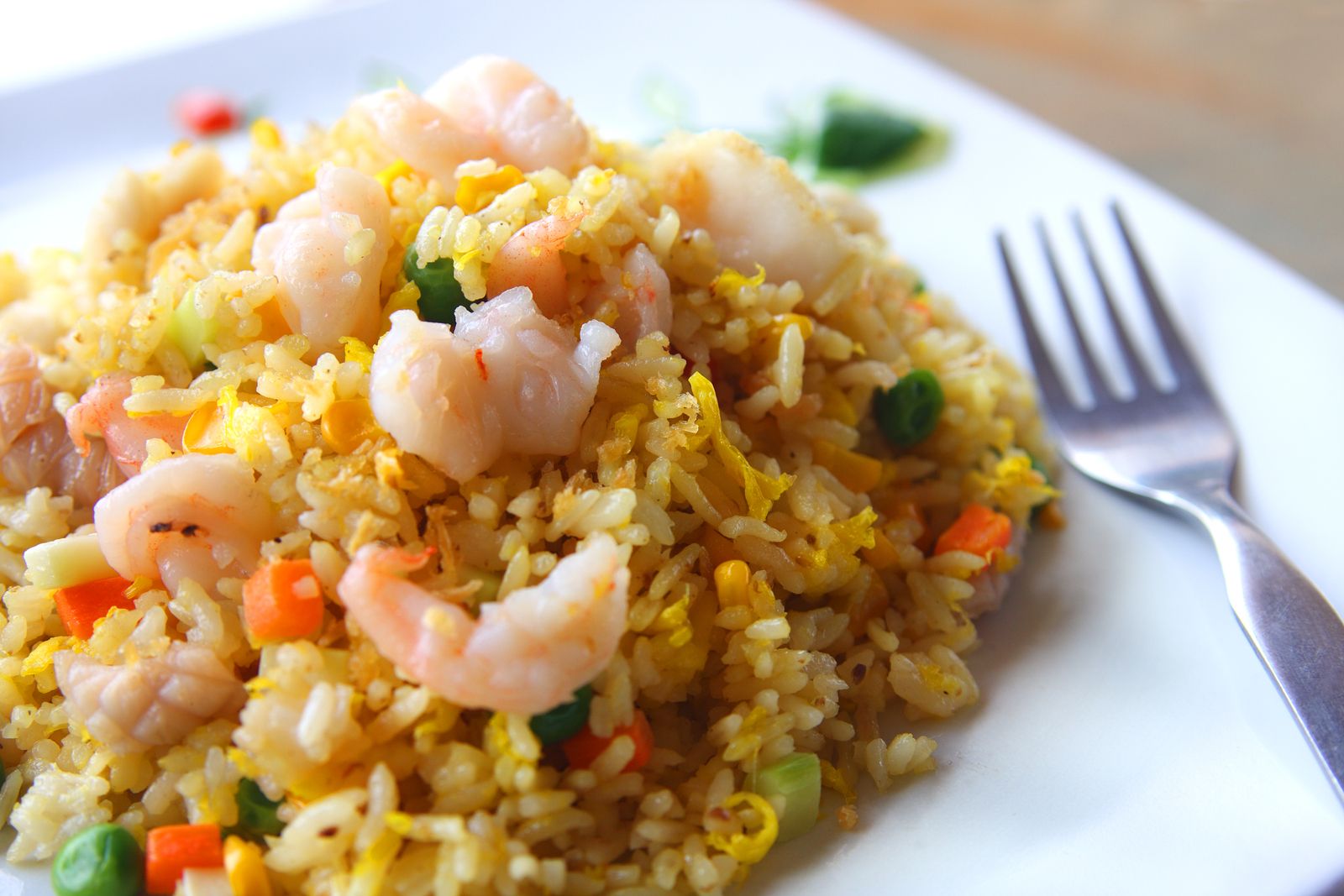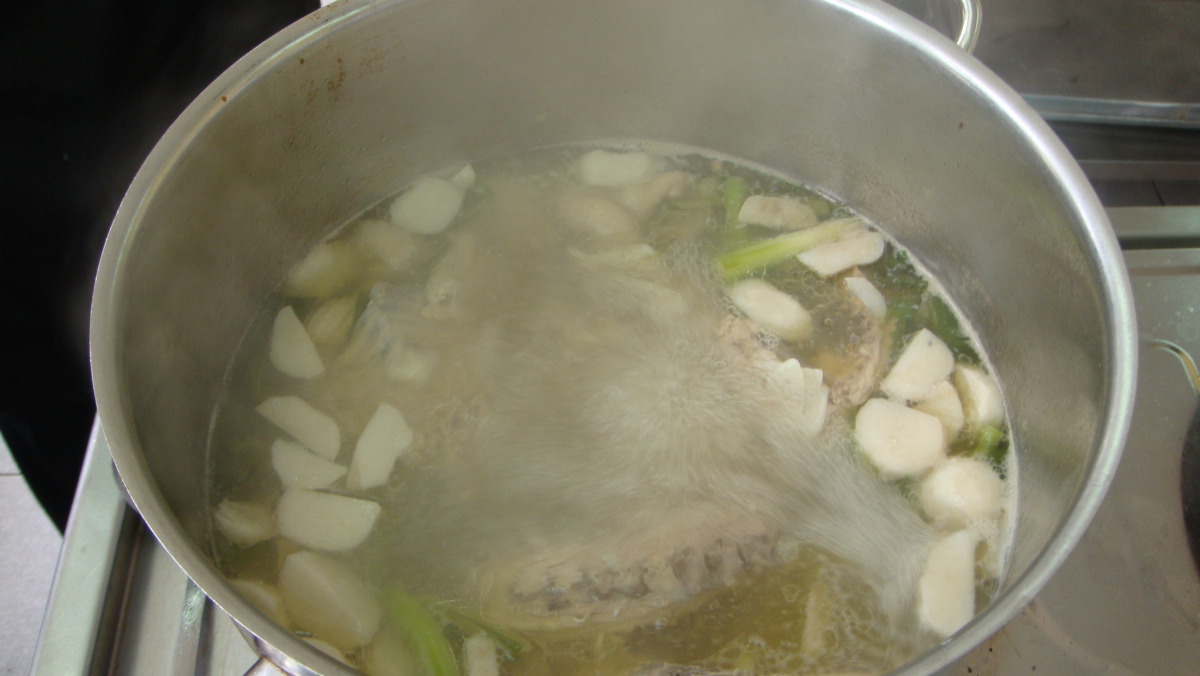Understanding the Difference Between Rice Vinegar and White Vinegar
When it comes to cooking, vinegars play a crucial role in adding flavor and depth to dishes. Two popular types of vinegar that are often used in various cuisines are rice vinegar and white vinegar. While they may look similar, there are some key differences between the two that can impact the taste and overall outcome of your culinary creations.
Rice Vinegar
Rice vinegar, as the name suggests, is made from fermented rice. It has a mild, slightly sweet flavor that makes it a popular choice in Asian cooking. There are different varieties of rice vinegar, including white rice vinegar, black rice vinegar, and seasoned rice vinegar. Each type has its own unique flavor profile and uses.
- Flavor: Rice vinegar has a mild, slightly sweet flavor with a hint of acidity.
- Color: It can range from clear to pale yellow, depending on the variety.
- Uses: Rice vinegar is commonly used in sushi rice, salad dressings, marinades, and pickling.
White Vinegar
White vinegar, on the other hand, is made from distilled grain alcohol. It has a sharp, acidic taste and is often used for pickling and preserving foods. While it may not have the subtle sweetness of rice vinegar, white vinegar is a versatile ingredient that can be found in many kitchens around the world.
- Flavor: White vinegar has a sharp, acidic flavor with no sweetness.
- Color: It is clear and colorless.
- Uses: White vinegar is commonly used for pickling, cleaning, and as a household remedy for various purposes.
Key Differences
Now that we’ve explored the basics of rice vinegar and white vinegar, let’s summarize the key differences between the two:
- Ingredients: Rice vinegar is made from fermented rice, while white vinegar is made from distilled grain alcohol.
- Flavor: Rice vinegar has a mild, slightly sweet flavor, whereas white vinegar has a sharp, acidic taste.
- Color: Rice vinegar can range from clear to pale yellow, while white vinegar is clear and colorless.
- Uses: Rice vinegar is commonly used in Asian dishes, salad dressings, and marinades, while white vinegar is often used for pickling, cleaning, and preserving foods.
Conclusion
While both rice vinegar and white vinegar are acidic liquids that add flavor to dishes, their distinct characteristics make them suitable for different culinary applications. Whether you’re preparing a delicate sushi dish or pickling vegetables, understanding the differences between these two types of vinegar can help you achieve the perfect balance of flavors in your cooking.
Next time you’re in the kitchen, consider reaching for rice vinegar or white vinegar based on the specific flavor profile and use you’re aiming for, and elevate your culinary creations with the right choice of vinegar.
Was this page helpful?
Read Next: What Is Yellow Curry Powder?
